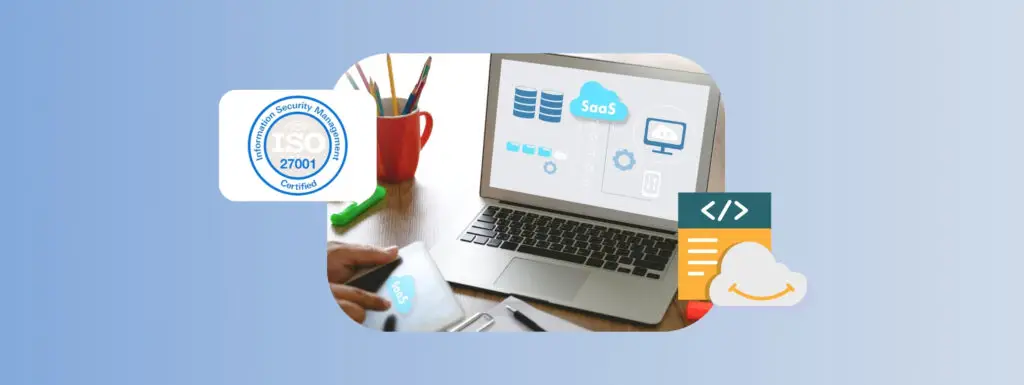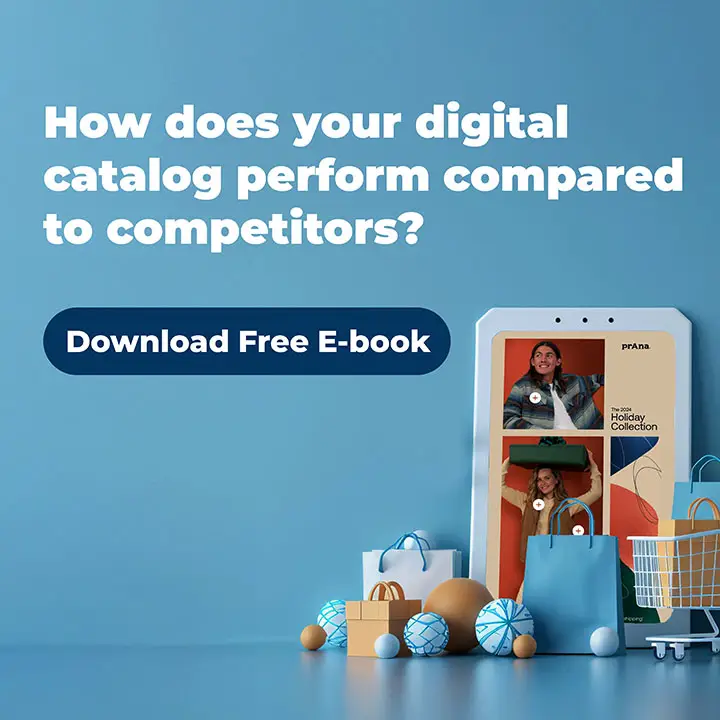When looking at a SaaS platform for your business, security has to be a top priority. It’s not just about checking compliance boxes—it’s about ensuring the platform truly fits with how your organization manages risks and protects data. You want to know it’s secure on paper and genuinely aligned with your needs. The only way to ensure this alignment is by asking the right questions upfront.
If you don’t ask the right security questions when vetting a SaaS platform, you leave your business and customers vulnerable to serious risks. Think of it like buying a house without checking if the gas is connected correctly or if the foundation is solid. Sure, it might look great on the surface, but what’s lurking beneath could cost you dearly.
We’ve done the hard work for you, rounding up the essential areas to focus on and the key questions to ask in each. Here are six critical questions to guide your evaluation of a SaaS provider:
1. What Is Your Security Policy and Governance Framework?
A provider’s security policy sets the foundation for managing data and mitigating risks. Key questions include:
- How do you perform risk assessments?
- What are your policies for incident, change, and disaster recovery management?
- Do you have an ISO certification or equivalent?
An ISO certification, like ISO 27001, is a globally recognized standard for information security management. It ensures that a company follows best practices to protect data confidentiality, integrity, and availability, giving customers confidence in their security measures.
ISO certifications must be maintained. ISO 27001 typically involves re-certification every three years, with annual surveillance audits to ensure the organization stays compliant and adapts to new security challenges.
In essence, an ISO certification shows a SaaS provider’s commitment to safeguarding data, providing a reliable benchmark for security and trust. Always ask to see the ISO certification and ask the SaaS platform to take you through their certification process. This will help you understand how important governance and security are to them.
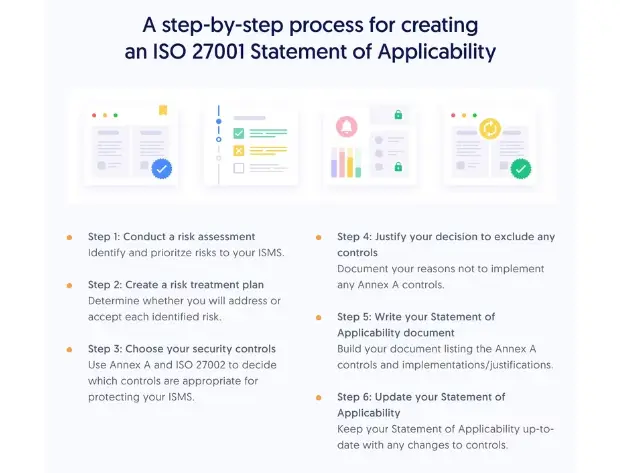
Source: secureframe.com
2. How Is Data Protected During Transit and at Rest?
Data protection mechanisms, such as encryption and key management, are critical to safeguard sensitive information. Consider asking:
- What encryption protocols are used for data at rest and in transit?
- Where are encryption keys stored, and how are they managed?
- How do you handle data backups and secure their storage?
SaaS Platforms such as Mailchimp or HubSpot often manage sensitive customer information. Confirm that email campaigns are encrypted during delivery and archived reports are securely stored to prevent data leaks.
3. What Are Your Policies for Account and Password Management?
Account management policies should ensure secure access control and mitigate risks of unauthorized access. Questions include:
- How are user accounts managed and reviewed?
- Do you enforce strong password policies (e.g., length, complexity, rotation)?
- Are there measures to manage privileged accounts, such as multi-factor authentication?
For platforms like Hootsuite or Buffer, ask about role-based access controls. Ensure employees managing content cannot access sensitive analytics or billing details without proper authorization.
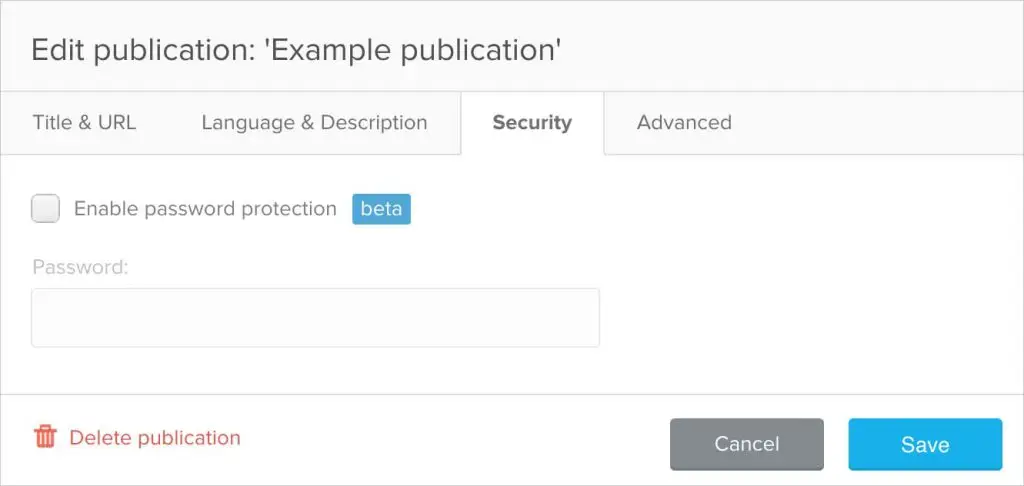
4. Where Are Your Data Centers Located, and Who Hosts Them?
Knowing the geographic location of data centers is essential for compliance with data protection laws, such as GDPR. Ask:
- In which countries are your data centers located?
- What certifications do your hosting providers hold (e.g., Tier certifications)?
- Can you provide documentation on data center security measures?
SaaS Platforms like Publitas require robust hosting solutions to deliver fast, secure access to interactive catalogs. Verify their data center compliance with regional privacy laws like GDPR and check for redundant systems to ensure catalog availability.
It is important which data center a platform uses. Generally, Amazon Web Services (AWS) is a good indication that a company takes its security seriously.
AWS is a leading cloud platform with secure, scalable data centers globally. Known for high availability and low latency, AWS ensures robust physical and digital security, including 24/7 monitoring and redundancy. It meets key compliance standards like ISO 27001 and GDPR, making it a trusted choice for hosting applications and storing sensitive data. Its scalable architecture lets businesses grow while only paying for what they use, combining reliability, security, and cost-effectiveness.
5. What Measures Are in Place for Incident Response and Recovery?
Disaster recovery planning and incident response strategies ensure your data remains accessible and secure during unexpected events. Questions to ask:
- What is your Recovery Time Objective (RTO) and Recovery Point Objective (RPO)?
- How often do you test your disaster recovery plans?
- Do you provide a report of the latest disaster recovery test?
Tools like Salesforce or Zoho CRM manage critical customer relationships. Verify they have recovery processes to safeguard data continuity during outages and test their disaster recovery plans frequently.
6. Can The SaaS Platform Provide Certifications and Audit Reports?
Certifications like ISO 27001 demonstrate a SaaS provider’s commitment to security best practices. Questions include:
- Do you have relevant security certifications, and can you provide documentation?
- Can customers conduct audits, such as penetration tests or compliance reviews?
- Are third-party penetration test reports available for review?
Platforms like WordPress VIP or Contentful handle sensitive web content. Ensure they provide regular audit reports to confirm protections against vulnerabilities like cross-site scripting (XSS) and unauthorized data access.
Why These Questions Matter for a Digital Catalog Platform
SaaS platforms like Publitas play a critical role in modern commerce by hosting interactive catalogs that showcase products, promotions, and pricing. To ensure secure data handling and protect sensitive business and customer information, Publitas focuses on the following key security areas:
- SSL Encryption: Publitas uses Secure Socket Layer (SSL) encryption to safeguard data during transmission, ensuring both server authentication and data privacy.
- Role-Based Permissions: Organizations can control access by assigning permissions and restricting who can view or edit catalogs for added security.
- Compliance with Data Protection Laws: Publitas adheres to stringent data protection regulations to ensure customer privacy and data security.
- Encrypted Session Cookies: Unique user credentials and encrypted session cookies protect accounts and prevent unauthorized access.
- Secure Hosting Environment: Publitas hosts its services in environments protected by advanced firewalls, preventing interference or unauthorized access from external threats.
These measures ensure that catalogs remain accessible, secure, and protected from competitors or unauthorized users while safeguarding customer and business data.
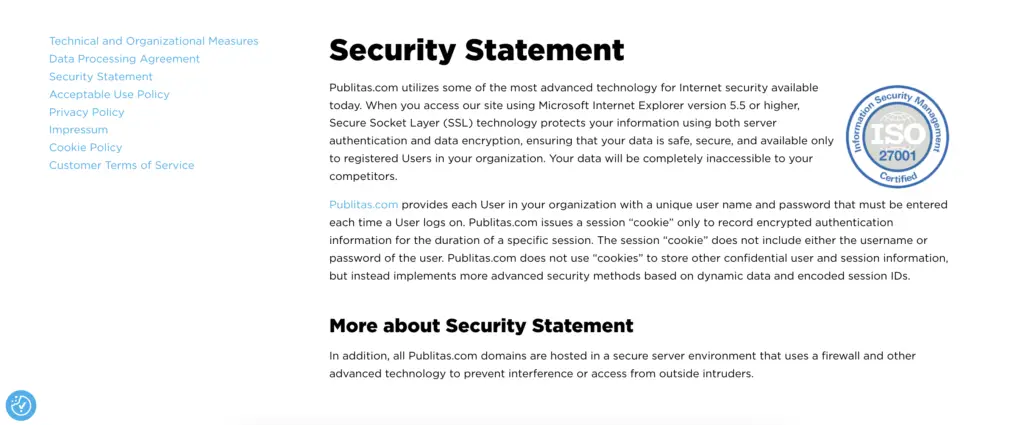
Failing to Prepare is Preparing to Fail
Vetting the security of a SaaS platform is critical in safeguarding your organization’s data. By asking these six questions, you ensure that your chosen provider meets your operational needs and aligns with industry security standards. These considerations are crucial for digital catalog platforms to protect proprietary product and customer data while maintaining seamless user accessibility.
When you don’t ask the right security questions, you’re essentially crossing your fingers and hoping for the best. But hope isn’t a strategy when your business, reputation, and customers are on the line. By asking these questions upfront, you’re not just protecting your data—you’re protecting your business’s future too.

